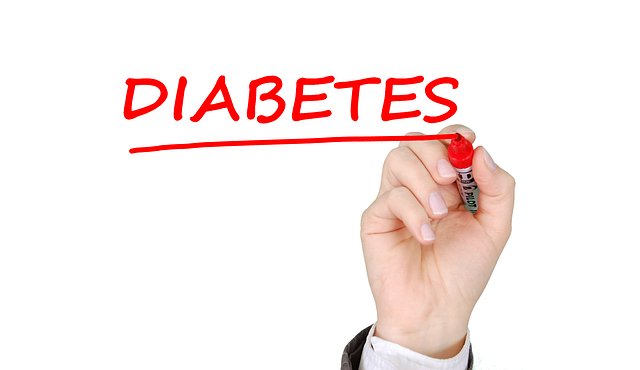
In a new study, researchers found that all type 2 diabetes patients are likely to achieve cardiovascular protection from the use of SGLT2 inhibitors.
The research was conducted by a team at the George Institute for Global Health.
Sodium-glucose cotransporter 2 or SGLT2 inhibitors were developed to lower glucose levels for people with diabetes.
Early studies showed they reduced levels of protein in the urine leading to great hopes they would protect against kidney failure.
Since then, several large studies have been designed to examine whether SGLT2 inhibitors also prevented heart attack, stroke and kidney disease.
These studies showed a clear reduction in heart disease in established atherosclerotic disease, but whether that translated to those without heart disease was still uncertain.
In the study, the team conducted a review and meta-analysis to define the heart benefits and the effects on key safety outcomes of SGLT2 inhibition.
The reviewed studies involving 38,723 patients with T2DM which assessed three SGLT2 inhibitors—canagliflozin, empagliflozin, and dapagliflozin—were included in the meta-analyses.
The results showed that those treated with an SGLT2 inhibitor compared with placebo achieved:
an overall 12% proportional reduction in heart disease event;
an overall 17% relative reduction in cardiovascular death;
a 32% relative reduction in hospitalization for heart failure;
consistent cardiovascular benefits regardless of baseline history of cardiovascular disease, heart failure or reduced kidney function; and
a possible reduction in stroke events in those with reduced kidney function.
The team says SGLT2 inhibitors protect against heart disease and death in diverse groups of patients with type 2 diabetes regardless of their cardiovascular disease history.
The findings suggest strong and broad heart protection can be achieved from the use of this drug class.
The lead author of the study is Senior Research Fellow at the George Institute for Global Health Dr. Clare Arnott.
The study is published in the Journal of the American Heart Association.
Copyright © 2019 Knowridge Science Report. All rights reserved.



